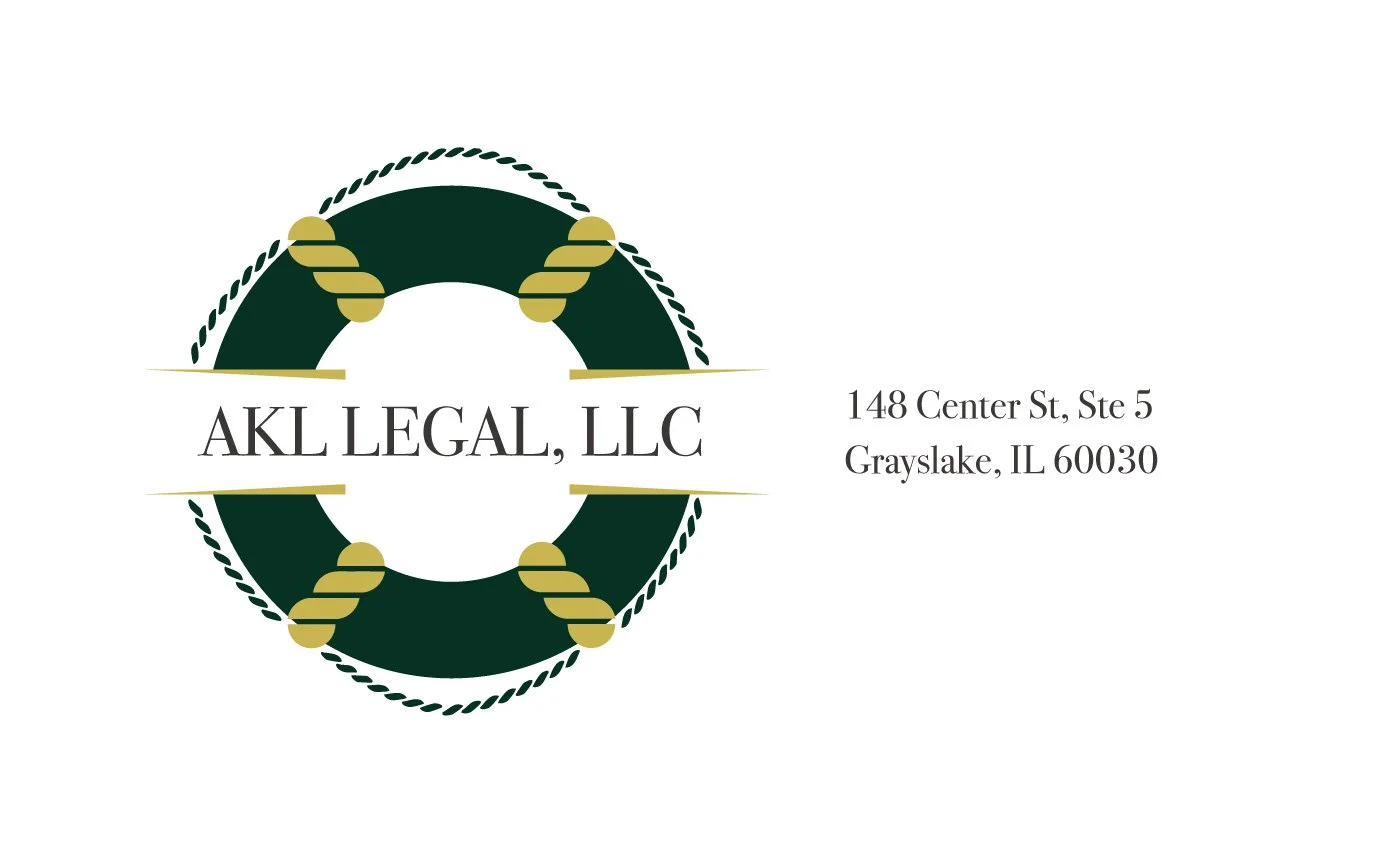What Is Implied Consent in Illinois?
Have you ever been told that by simply driving in Illinois, you’ve "consented" to chemical testing if suspected of being intoxicated? It sounds a bit strange, right? But that's what implied consent is all about.
So, What Is Implied Consent?
In simple terms, implied consent means that when you drive on Illinois roads, you are automatically agreeing to submit to chemical testing (breath, blood, or urine) if a law enforcement officer suspects you of driving under the influence (DUI).
Why? Because Illinois has legal limits for blood alcohol content (BAC). The state assumes that if you’re driving, you’re doing so within those limits. If an officer pulls you over and suspects you’re intoxicated, they reserve the right to test you to make sure you’re compliant with the law.
You might think, "But I never signed anything!" Well, by getting behind the wheel, you’ve consented—whether you know it or not.
Need Help? Contact a Libertyville DUI Lawyer
Do I Have to Take a Chemical Test if I’m Arrested for DUI?
Technically, no. You’re not forced to take a chemical test after being arrested for DUI. But here’s the kicker: refusing the test comes with consequences.
If you fail a field sobriety test and the officer suspects you're DUI, they can arrest you and then ask you to take a chemical test (like a breathalyzer). You don’t have to take it—but refusing means you’re breaking the implied consent law.
And that refusal? It automatically triggers penalties.
What Happens If I Refuse the Chemical Test?
Refusing a chemical test has more severe consequences than failing it. Here’s why:
Automatic License Suspension: When you refuse a test, Illinois will impose a statutory summary suspension of your driver’s license. This suspension starts 45 days after your arrest, and you have that time to challenge the suspension.
First-Time Offenders: If this is your first DUI, refusing the test will lead to a 12-month suspension. Failing the test results in a 6-month suspension.
Repeat Offenders: Second or subsequent refusals come with a 3-year suspension! But if you take the test and fail, the suspension is only 12 months.
Refusing a chemical test might seem like a way to avoid conviction, but it often leads to bigger problems—both legally and with your driving privileges.
If you're facing DUI charges and need guidance through this complicated process, an experienced criminal defense attorney can help. They’ll fight for a better outcome, work to reduce your penalties, and potentially get your license reinstated.
Contact Lake County DUI defense attorney Alan Lenczycki for a free consultation. Call (847) 262-9888 today.
